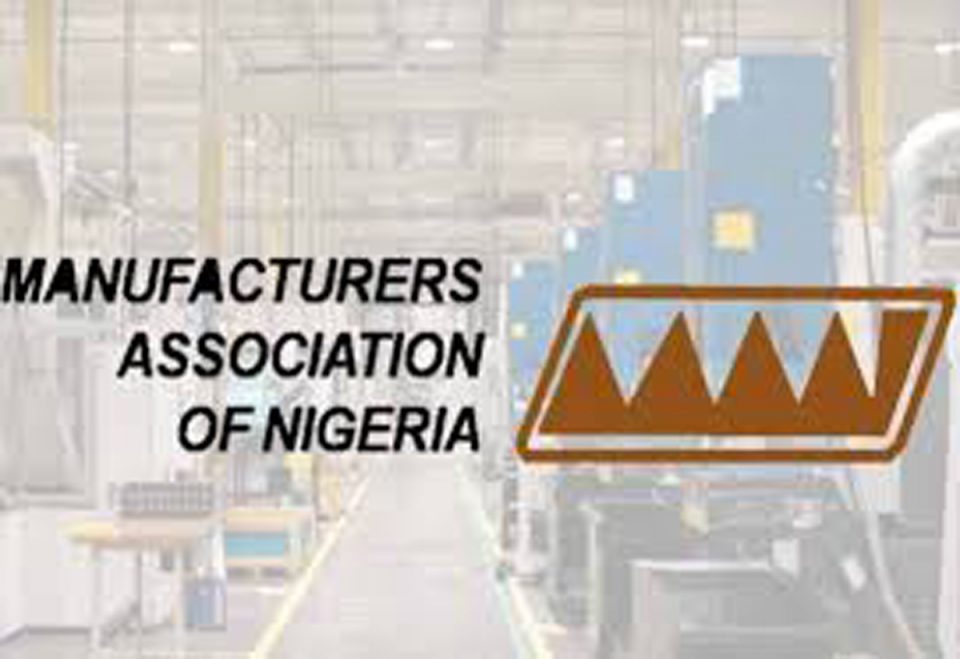About 45 per cent of the production cost of manufacturers in Nigeria is spent on electricity and this is making them uncompetitive within and beyond Africa, the Manufacturers Association of Nigeria has said.
MAN stated this on Tuesday in Abuja at the inauguration of the National Clean Energy Skills Certification for Young Professionals by the Council for the Regulation of Engineering in Nigeria.
The certification was financed by the European Union and the German Government within the framework of the Nigerian Energy Support Programme.
Speaking on behalf of Nigerian manufacturers at the event, the Chairman, Infrastructure Committee, MAN, Ibrahim Usman, said the high cost of electricity across the country was making indigenous producers uncompetitive.
Usman who doubles as the Board Chairman, Manufacturers Power Development Company Limited, said, “In other countries manufacturing is very competitive and you cannot succeed in it if your production cost is not down.
“This is very vital for Nigeria now, considering the African Continental Free Trade Area. We want our goods to be competitive. We want our prices to be right.
“But they cannot be right when the electricity cost for the manufacturing sector in other countries is a maximum of 10 per cent whereas here it is 35 to 45 per cent. So we are already backwards.”
Usman, however, expressed hopes that the clean energy skills programme would assist in improving the country’s power sector as this would impact positively on production.



